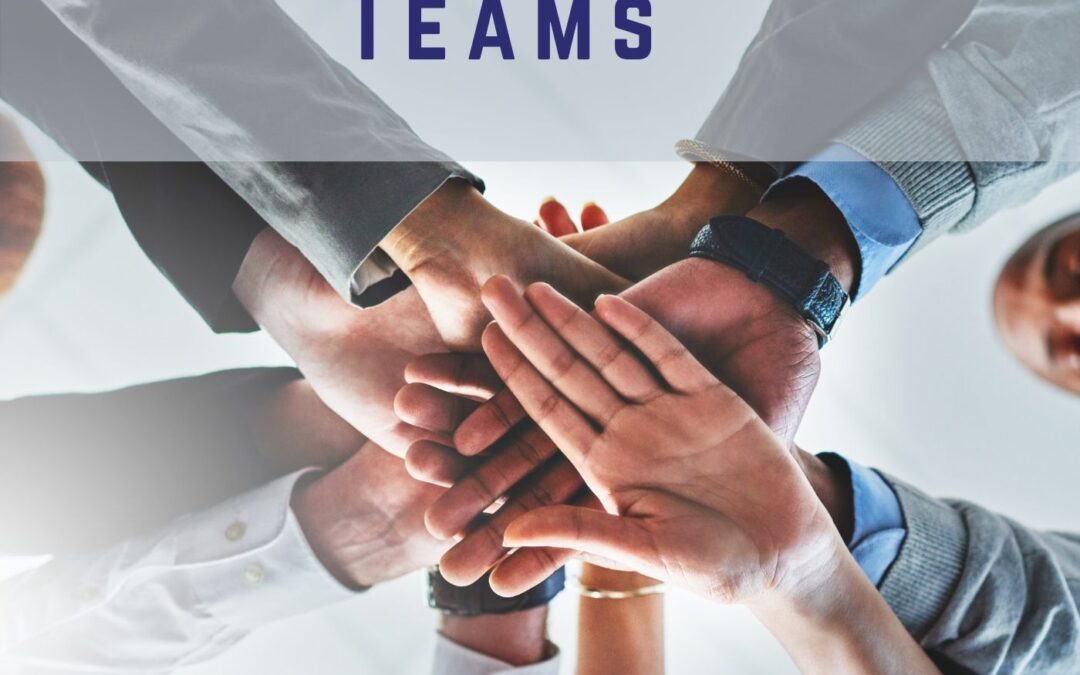In this episode Julia and Andrew look at to re-engage your teams as they start to return to work after furlough or a long period of home working.
Julia introduces a seven step pyramid model on how to start the process of rebuilding relationships based on what she learned from a horse trainer in America. The trainer observed horse rituals at a waterholes and how the horses interacted with each other to build relationships within the herd.
Horses are good at hanging out together doing something and doing nothing. And in the workplace, when we were actually physically in the workplace, the doing nothing would be the bit for Julia and Andrew, which is the water cooler talk, when we were hanging out. They pick up on the importance of reestablishing and developing good connections.
Andrew picks up on the importance of being self-aware about oneself and others and putting yourself into other people’s shoes and introduces a technique called Johari’s Window created by two American professors, Joe Luft and Harry Ingham, in the 1950s. So how do we press the connection reset button? What should we all be thinking about? It includes getting our body language right and knowing our own personal stories and how to use them in the reconnecting
Show Notes:
Here are the highlights from this episode
- 00:48 How do we get back to re-engaging in the workplace.
- 01:20 Waterhole rituals and the human water cooler conversations
- 01:48 Horses are good at hanging out together doing something and doing nothing
- 03:10 The magic of relationships comes in that time when we just hang out.
- 04:55 The importance of the self-awareness dial
- 06:10 Johari’s Window – devised in the 1950s by and they were two psychology professors in California.

Julia Felton (aka The Business Wrangler) is the founder of Business HorsePower. Business leaders, entrepreneurs and executives hire her to accelerate their business performance by harnessing the energy of their people to work more collaboratively together. By aligning purpose with actions the team achieves exponential results as everyone starts pulling in the same direction.
Julia believes that business is a force for good and through designing purpose-driven businesses that leverage the laws of nature, and the herd, you can create businesses founded on the principles of connection, collaboration and community that make a significant impact in the world.

